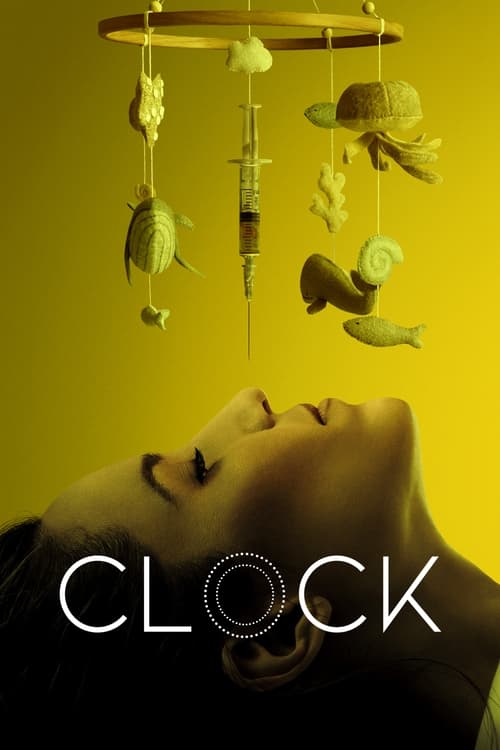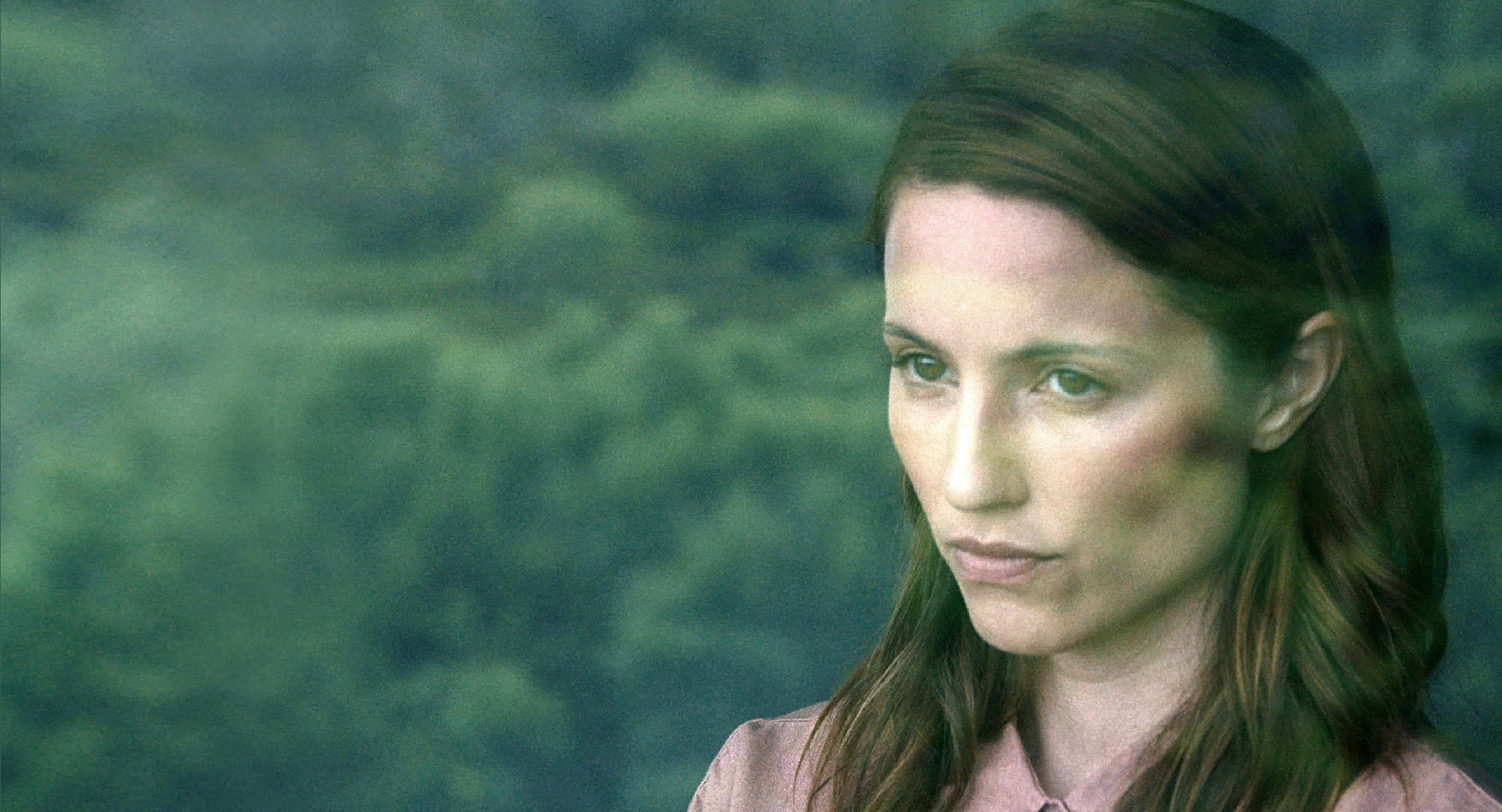On the eve of her thirty-eighth birthday, a woman desperately attempts to fix her broken biological clock.
Clock is a psychological thriller directed by Alexis Jacknow that delves into the intricate and perplexing depths of a woman’s psyche, with its underlying themes of societal pressures, fertility concerns, and the haunting legacy of the past. While the film presents a unique concept and attempts to explore complex psychological terrain, it falls short in execution, leaving viewers with a muddled and disjointed experience.
At the heart of the film is Ella (Dianna Agron), a thirty-seven-year-old woman grappling with the expectations of her friends and family to start a family of her own. The film’s exploration of her hesitation to have children despite the pressures around her presents a relatable theme that many individuals may find themselves empathizing with. Ella’s internal conflict is further complicated by her father’s urging due to his connection to Holocaust survivors, which adds an intriguing layer of historical and generational trauma.
The narrative takes a bizarre turn when Ella visits a doctor for breast cancer screening and becomes entangled in an experimental treatment to “fix” her biological clock. This is where the film’s premise begins to falter. The transition from a relatable exploration of societal expectations to a surreal and confusing sequence of events is jarring. The sudden introduction of Dr. Elizabeth Simmons (Melora Hardin), who offers an implant and hormone treatment, feels contrived and lacks a seamless integration into the story.
The film’s attempt to portray Ella’s psychological journey through hallucinations and sensory deprivation ultimately results in a convoluted narrative. The hallucinatory imagery, including a tall woman and a family of dead bugs, fails to provide clear symbolism or significance, leaving audiences disconnected from the character’s emotional journey. The recurring motif of a grandfather clock representing Ella’s fear of ending her family line is intriguing but lacks sufficient development to resonate effectively.
One of the film’s strengths lies in its casting choices, with Dianna Agron delivering a committed performance as Ella. She effectively captures the character’s internal struggles, even when the script fails to provide her with a cohesive emotional arc. Jay Ali‘s portrayal of Aiden Patel, Ella’s husband, is understated and adds a sense of authenticity to their strained relationship.
However, the film’s potential is squandered by its disjointed and confusing storytelling. The progression of Ella’s experiences in the treatment facility lacks a clear trajectory, making it difficult for audiences to invest in her journey. Scenes that should evoke tension or psychological unease often come across as baffling due to the lack of coherent narrative structure.
In terms of visuals, the film occasionally employs striking imagery, particularly in the portrayal of Ella’s hallucinations. However, the visual elements fail to compensate for the film’s narrative shortcomings and confusing plot developments.
Clock attempts to delve into themes of societal expectations, fertility anxiety, and generational trauma through a psychological thriller lens. While the concept is intriguing and the performances are commendable, the film’s execution leaves much to be desired. The lack of a cohesive narrative structure and clear emotional throughline detract from the potential impact of its themes. As a result, Clock struggles to engage and captivate its audience, ultimately leaving viewers with a sense of confusion and detachment from its characters and story.

